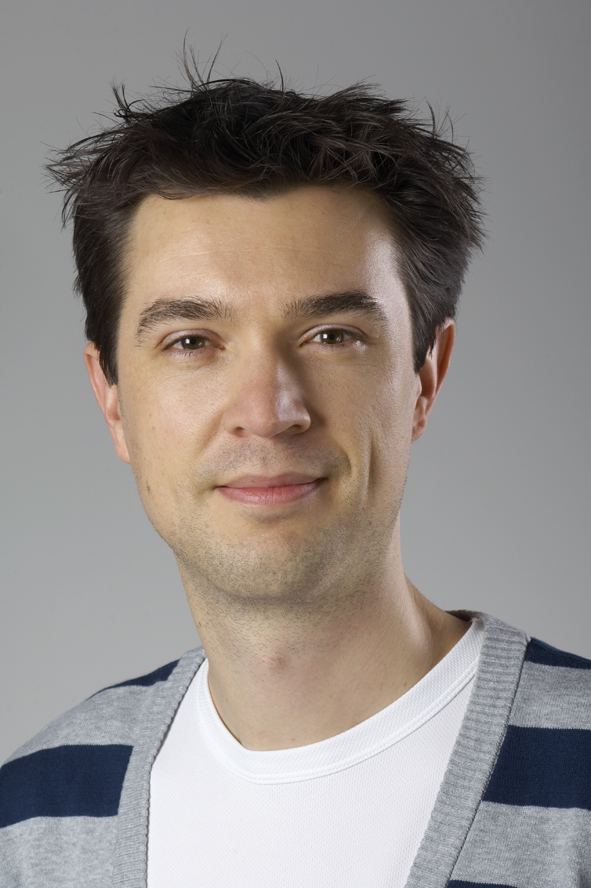Pediatric tumor immunology
Immune therapy, Pediatric cancer, Tumor immunology
Research aim
We strive to improve efficacy and safety of immune therapy against pediatric cancers, specifically focussing on the function of immune cells in children undergoing hematopoietic cell transplantation or receiving CAR-T cells.
About us
We aim to increase survival and reduce morbidity in children treated with immune therapy, by applying extensive immune function profiling technologies and fast implementation of research findings in clinical care. Our group operates in the Center for Translational Immunology, in close collaboration with the Princess Máxima Center for Pediatric Oncology.
We aim to increase the efficacy of hematopoietic cell transplantation (HCT) by optimizing immune recovery and controlling immune dysregulation. Despite advancements in efficacy HCT, complications like relapse, toxicity, infections, and graft-versus-host disease (GvHD) remain significant challenges. Our efforts include identifying markers for immune cell recovery, understanding GvHD pathophysiology, and optimizing drug dosing regimen to achieve better recovery of immune fitness in pediatric patients. Moreover, we additionally apply these immune profiling technologies to understand why some people respond, while others fail to other immune therapies, such as CAR-T therapy, used in the treatment of BCP-ALL.
To reduce relapses after AML, we developed a dendritic cell vaccination and initiated a phase I/II trial (U-DANCE) that is currently recruiting. Collaborative efforts drive target discovery, vector design, and gene-modification for novel cellular therapies against pediatric tumors. These endeavors aim to enhance cell therapy outcomes and provide effective treatments for pediatric cancers.
This research group is part of The Center for Translational Immunology (CTI).

